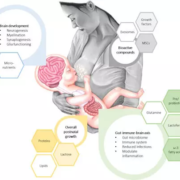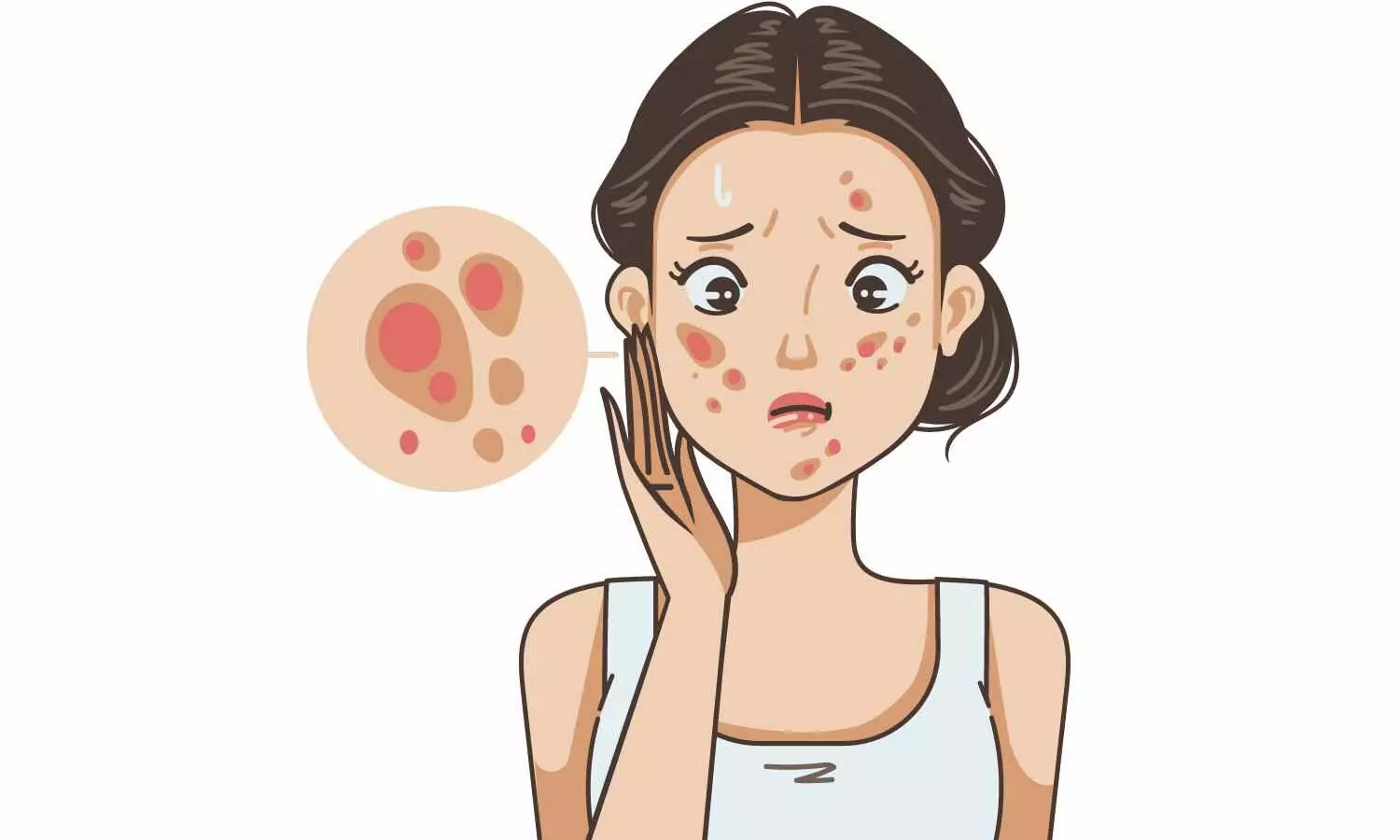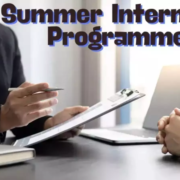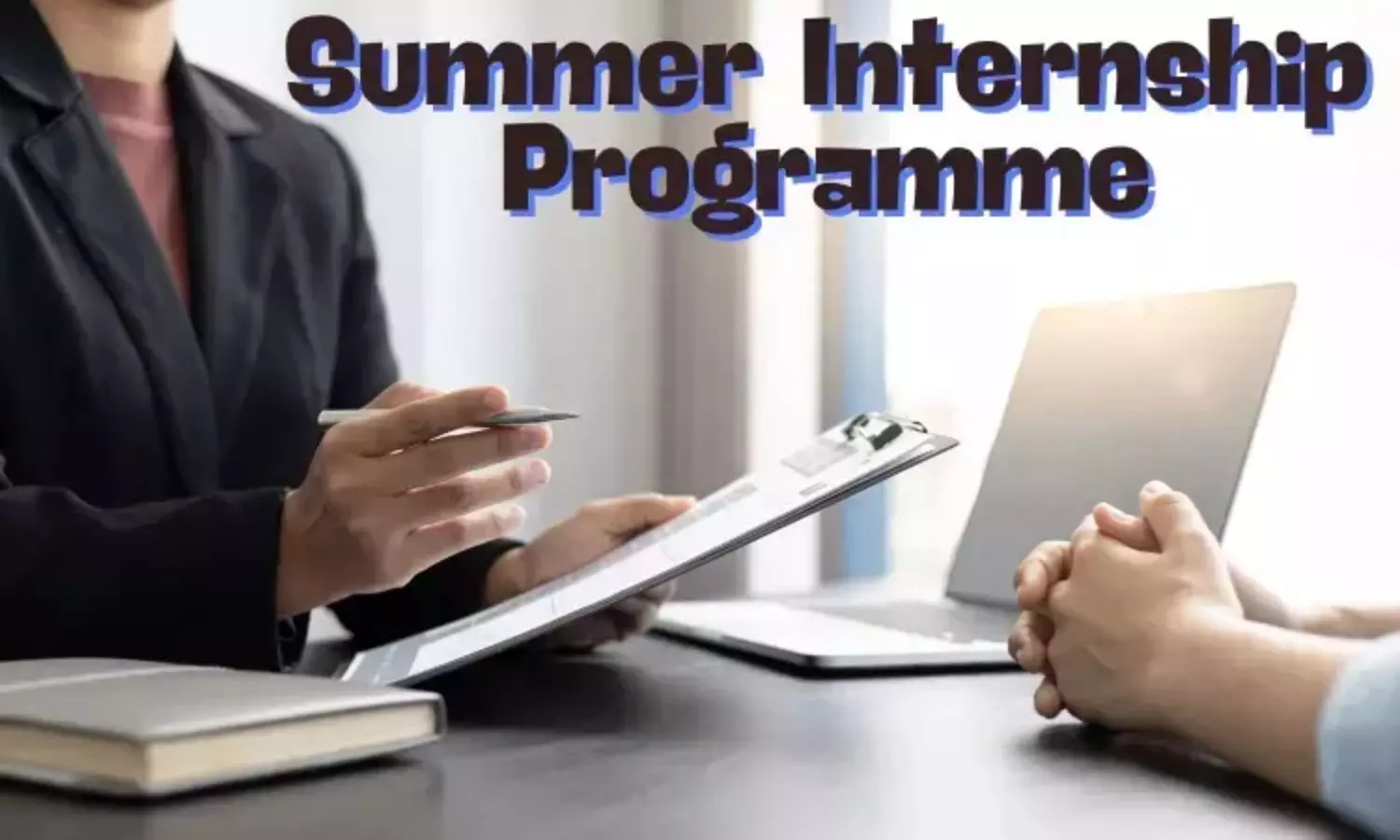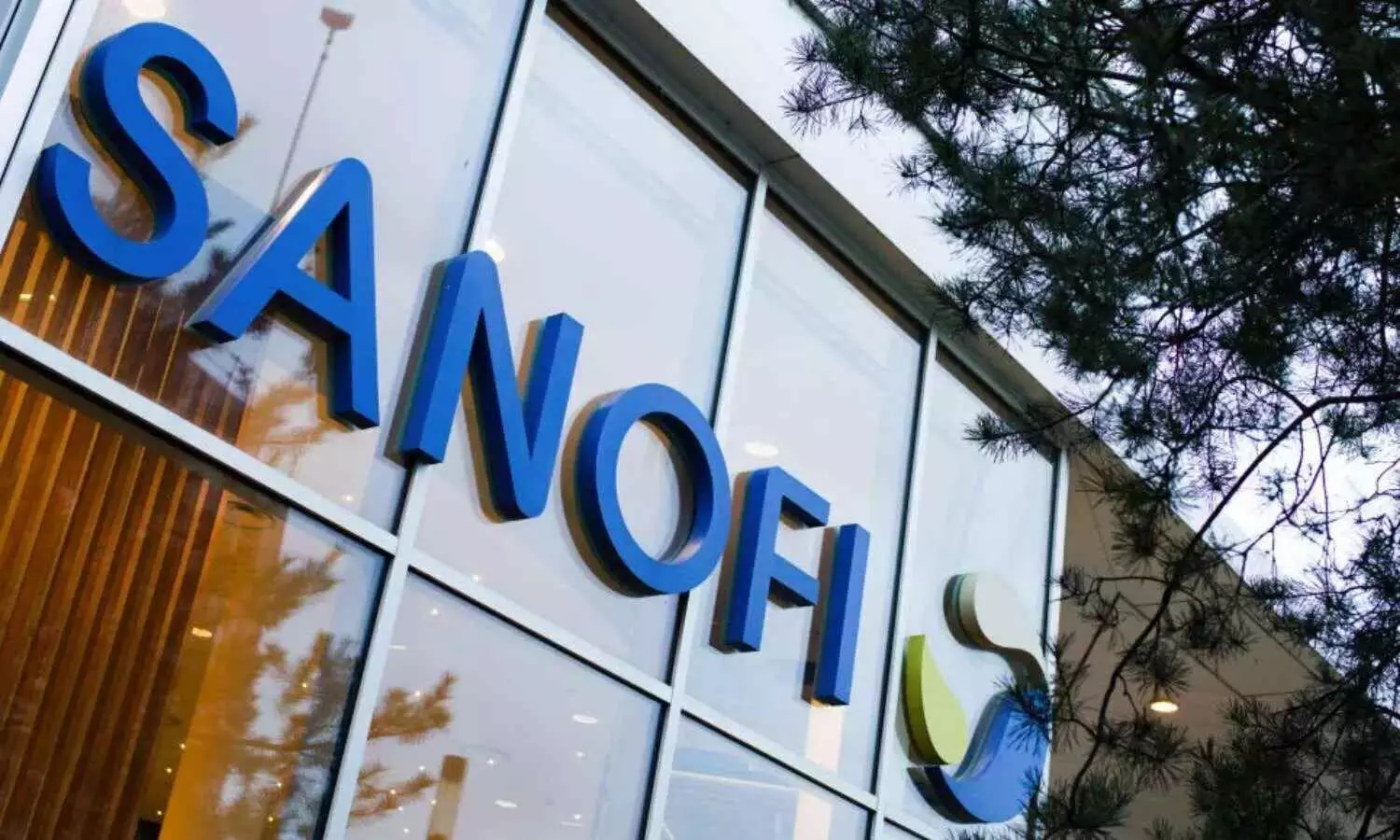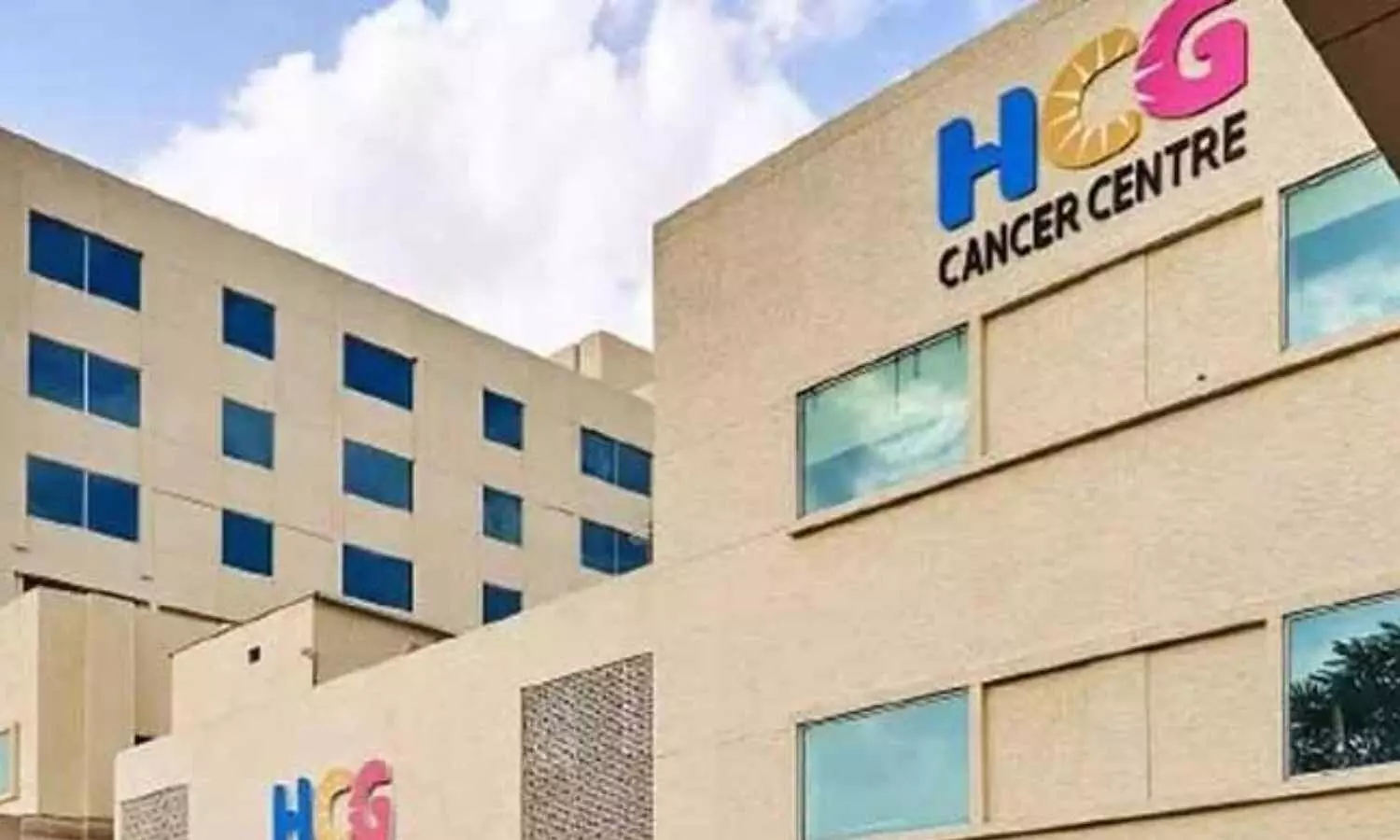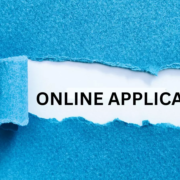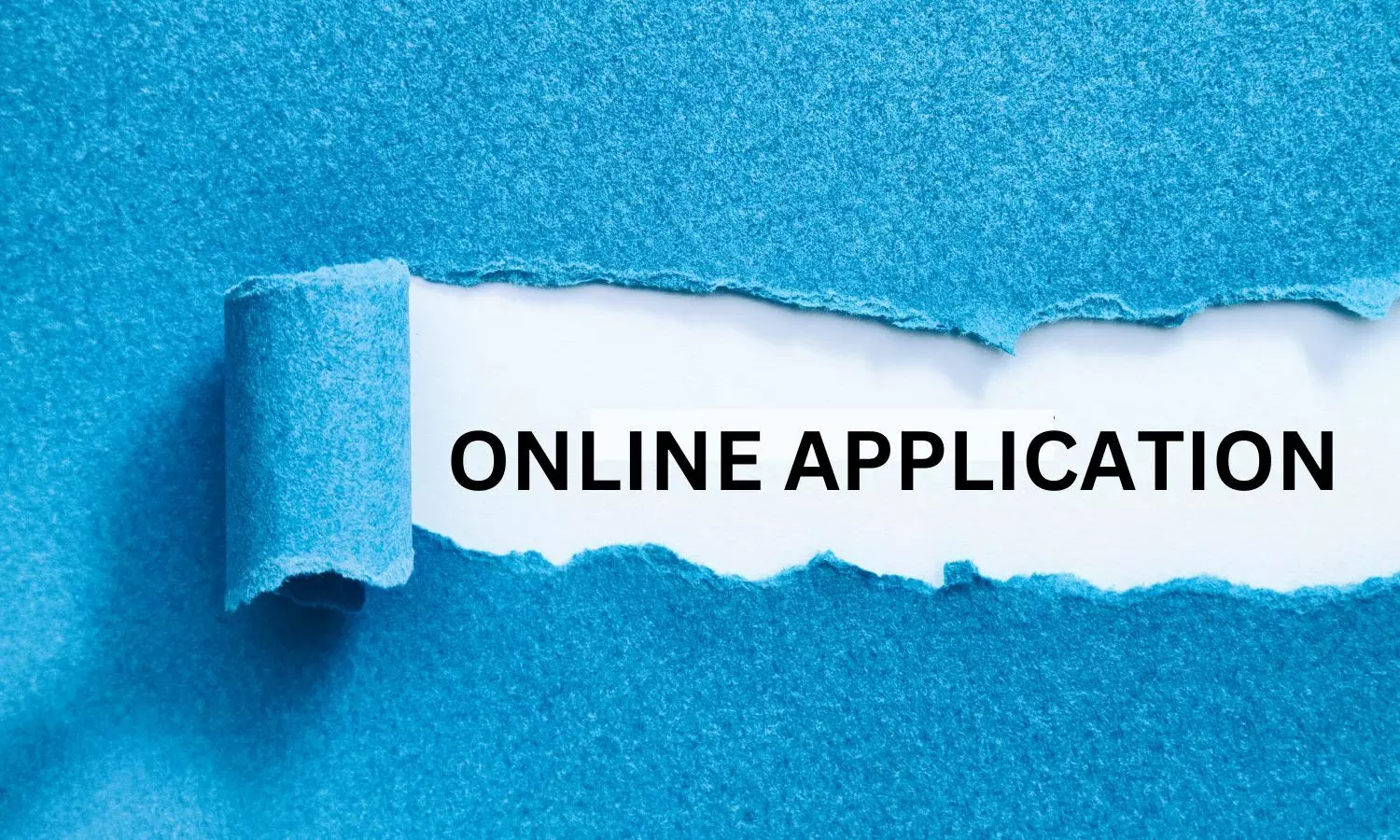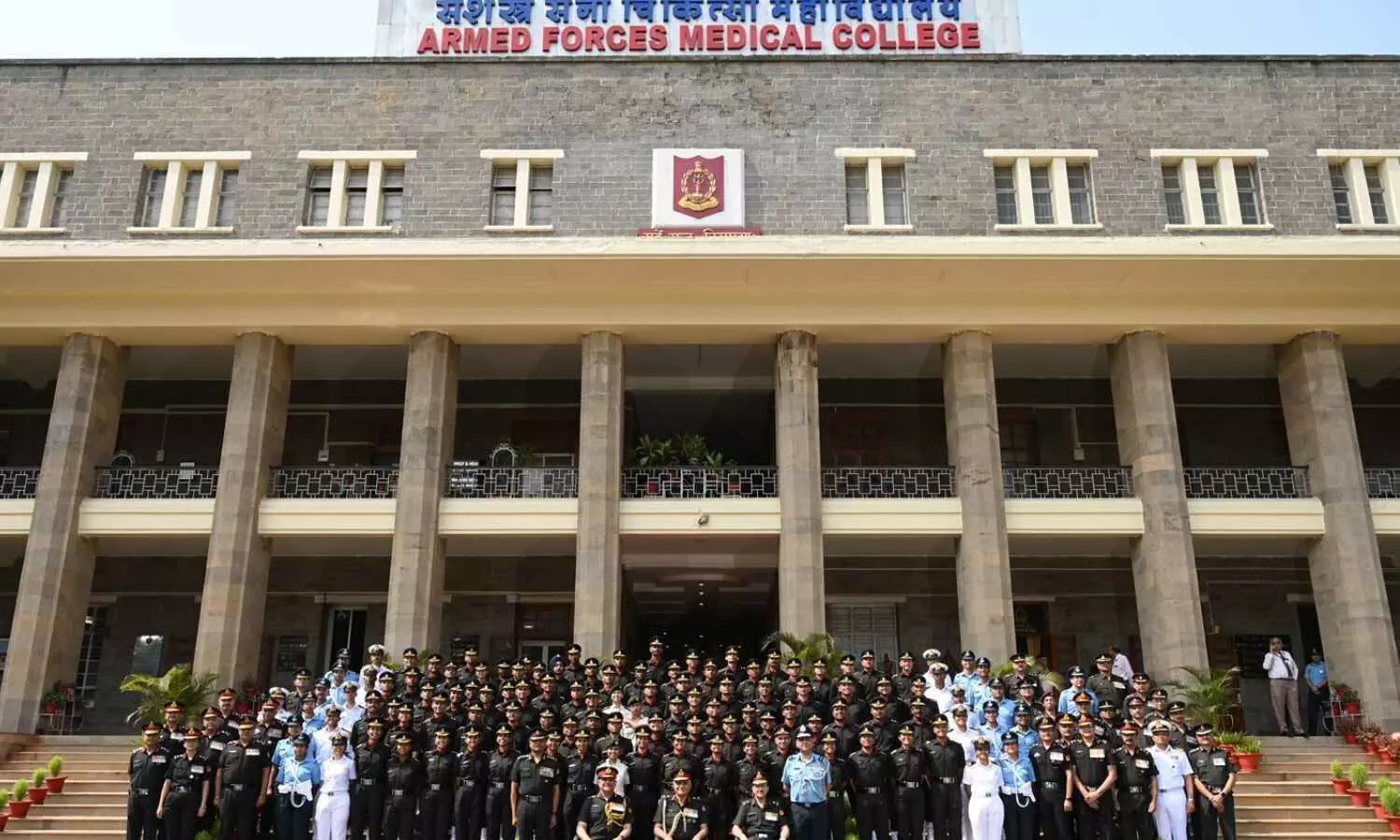
Srinagar: The Jammu & Kashmir and Ladakh High Court recently granted relief to a Foreign Medical Graduate by quashing an order passed by the erstwhile Medical Council of India (MCI), now National Medical Commission (NMC), which had earlier denied him permanent registration for allegedly submitting a fake 10+2 marksheet.
Challenging the orders denying him permanent registration and cancelling his provisional registration, the doctor approached the High Court bench. While considering the matter, the HC bench of Justice Javed Iqbal Wani observed, “it is manifest beyond any doubt that the petitioner is eligible for grant of registration, irrespective of the fact as to whether the petitioner was ineligible for registration or not at the time when he filed the application in view of him having obtained 294/600 (49%) marks in 10+2 examination from the respondent Board.”
Noting that the doctor completed his MBBS back in the year 2000 and has been litigating before the Court for more than a decade, the Court directed NMC to consider the petitioner’s case for grant of permanent registration in terms of the provisions of the Act of 1956 which was in force at the time he had submitted the application. The Commission has been directed to decide on the application as expeditiously as possible, preferable within 8 weeks.
It was the petitioner’s case that he completed his Class 12th examination from the Jammu and Kashmir State Board of School Education and thereafter pursued MBBS in Ukraine and completed the course in June 2000 from the State Medical University of Lugansk, Ukraine.
Even though the MCI granted him a provisional registration and allowed him to undergo his rotatory internship programme at GMC Srinagar, the petitioner’s application for permanent registration under the Medical Council Act 1956 was denied by the MCI.
This compelled the doctor to visit the MCI, wherein the then Deputy Director asked him to meet a clerk, who allegedly demanded Rs 50,000 as bribe from the petitioner for processing his case.
Aggrieved of non-consideration of his case for grant of permanent registration, the petitioner filed a plea before the High Court in 2009. Responding to the plea, the MCI stated that the petitioner had submitted his 10+2 pass certificate issued by Bihar Intermediate Education Council, Patna which was found to be fake resulting into cancellation of his provisional registration certificate besides registration of a case/FIR.
The plea remained pending before the Court and in the meantime, the petitioner became ineligible to seek employment anywhere in the country or outside the country because MCI did not grant permanent registration to him by the MCI.
The Court disposed of the plea on 24.10.2019 with a direction to the petitioner to make a representation before the authorities seeking redressal of his grievance. Later, the petitioner filed another plea in 2021 on the ground that erstwhile MCI was replaced by NMC. The Court allowed the review petition allowing the petitioner to represent before the NMC. Following this, the petitioner submitted a representation before the NMC. However, NMC rejected the petitioner’s request for grant of permanent registration and also withdrew the provisional registration of the petitioner.
Again, the petitioner approached the High Court and responding to the plea, NMC stated that the Class 10+2 certificate issued by the Bihar Intermediate Education Council, Patna was fake and accordingly the provisional registration of the petitioner was cancelled and the Deputy Commissioner of Police, New Delhi was asked to register an FIR against the petitioner.
Meanwhile, the J&K State Board of School Education filed its reply and stated that the Class 10+2 certificate issued in favour of the petitioner was genuine and the petitioner had obtained 294/600 marks in the exam.
The Counsel for the petitioner denied that the petitioner had submitted any fake certificate before the MCI as he passed the Class 10+2 exam from J&K State Board and on the strength of the said certificate alone he had applied for registration, which was evident from the declaration form submitted by him before the MCI after completion of rotatory internship.
The petitioner’s counsel further submitted that the petitioner had applied for provisional registration in 2000 and during the pendency of the plea, he passed the screening test conducted by NMC in December 2022.
Referring to the response filed by NMC, the petitioner’s counsel argued that the annexed application form also did not reflect that the petitioner had applied for registration based on the Bihar Intermediate Education Council, Patna certificate. He also argued that the NMC did not place on record any FIR claimed to have been registered against the petitioner.
While considering the question of whether NMC was justified in rejecting the petitioner’s application for permanent registration and cancel his provisional registration, the Court noted that the petitioner “had no occasion to refer to the certificate of the Bihar Board, while further specifically pleading in the petition that an officer of the respondent 1 named in the petition demanded bribe from his and in default thereof involved the petitioner in a frivolous case having not been specifically denied by respondents.”
“In view of the aforesaid position it would neither be within the domain of this Court nor will this Court venture into the controversy as to how the said alleged fake certificate of Bihar Board came on the records of respondent 1 herein,” it further noted.
The Court also observed that nothing was on record to show that the petitioner was ever issued a notice or was provided with an opportunity of hearing before issuance of the order dated 04.01.2022 or the communication dated 07.05.2022 by NMC. Therefore, the Court opined that “the said action of the respondent 1[NMC] cannot, but be said to be violative of the principle of natural justice owing its origin to Article 14 of the Constitution.”
At this outset, the High Court placed reliance on the Apex Court order in the case of “Indian Doctors from Russia Welfare Association” case, in which the Apex Court had given its nod for the guidelines proposed by the Union Government to regulate the grant of registration of such doctors who completed the MBBS degree prior to March 15, 2001. The top court had held that those guidelines would apply for all such doctors who were similarly situated.
Referring to these guidelines, the Court held the petitioner eligible for grant of registration, irrespective of the fact as to whether the petitioner was ineligible for registration or not at the time when he filed the application in view of him having obtained 294/600 (49%) marks in 10+2 examination from the respondent Board.
Accordingly, the Court issued the following orders:
(i) By issuance of a writ of Certiorari, the impugned order dated 04.01.2022 as also the impugned communication dated 07.05.2002 are quashed.
(ii) By issuance of a writ of Mandamus, the respondent 1 NMC is commanded to effectively consider the case of the petitioner for grant of permanent registration in terms of the provisions of the Act of 1956 which was in force at the time the petitioner submitted his application, as expeditiously as possible preferable within a period of 8 weeks from the date a copy of this order is served by the petitioner upon respondent 1 and in the said process shall also offer an opportunity of hearing to the petitioner.
To view the order, click on the link below:
https://medicaldialogues.in/pdf_upload/jk-hc-238661.pdf
Also Read: HC relief to Doctor who took MBBS admission based on false information, says withdrawal of qualification would be national loss


